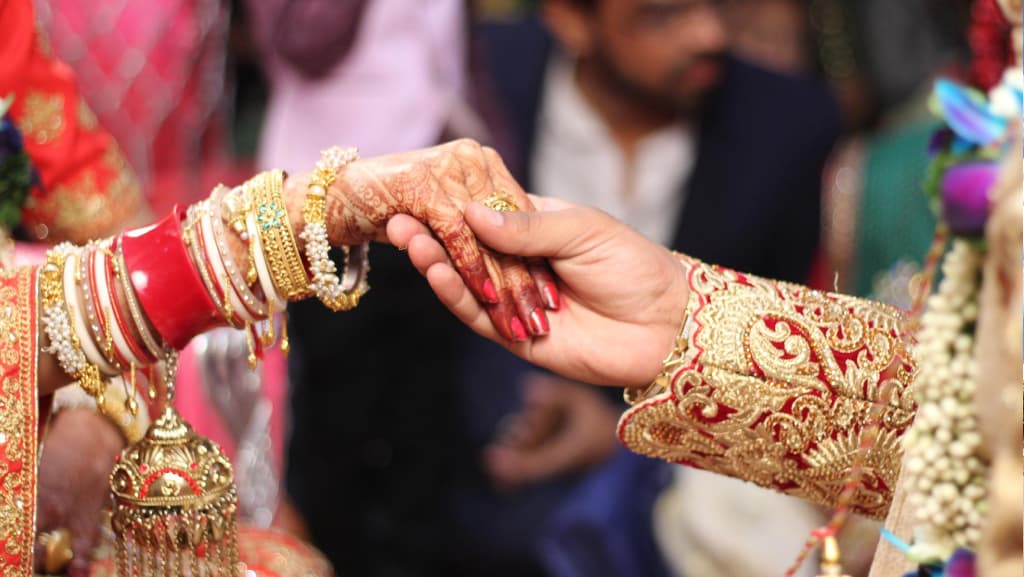
Married Woman’s Consensual Affair on Promise of Marriage Not Rape: Punjab HC
Court acquits man sentenced to nine years; says such relations amount to immorality, not inducement under law.
The Punjab and Haryana High Court has held that a married woman who engages in a consensual sexual relationship outside wedlock on the pretext of marriage cannot later claim rape.
Justice Shalini Singh Nagpal made the observation while acquitting a man who had been sentenced to nine years in jail for rape on the alleged false promise of marriage. The complainant, a married mother of two, claimed she entered the relationship on the assurance that the accused would marry her.
In its August 20 ruling, the Court noted that the complainant was “not a naive, innocent bashful young lady” but a mature woman, ten years older than the accused, and fully aware of the implications of her actions. It held that her consent was voluntary and could not be considered as obtained under a “misconception of fact” under Section 90 of the IPC.
“When a fully matured married woman consents to sexual intercourse on a promise of marriage, it is an act of promiscuity, immorality and disregard for the institution of marriage, not inducement leading to rape,” the Court observed.
The Court also highlighted that the prosecutrix’s claim of seeking divorce was false as she continued living with her in-laws and had not initiated any legal proceedings against her husband. Her statements lacked specific details about the alleged 55-60 instances of intimacy, which reportedly occurred in her matrimonial home over two years.
Rejecting a technical objection over trial procedure, the Court ruled that although the case was not prosecuted by a public prosecutor as mandated under CrPC, it had not prejudiced the accused. On merits, however, it found that no case of rape was made out.
The bench emphasised that inducement to marry may apply in cases involving unmarried women but cannot extend to a legally wedded woman. Even if such a promise was made, it would be unenforceable in law and contrary to public morality.
Calling the case a “consensual relationship gone sour,” the Court held that the complainant’s allegations could not sustain a charge of rape under Section 376 IPC. It set aside the trial court’s findings based on Section 114-A of the Evidence Act and Section 90 IPC.
For any enquiries please fill out this form, or contact info@thelawreporters.com Follow The Law Reporters on WhatsApp Channels